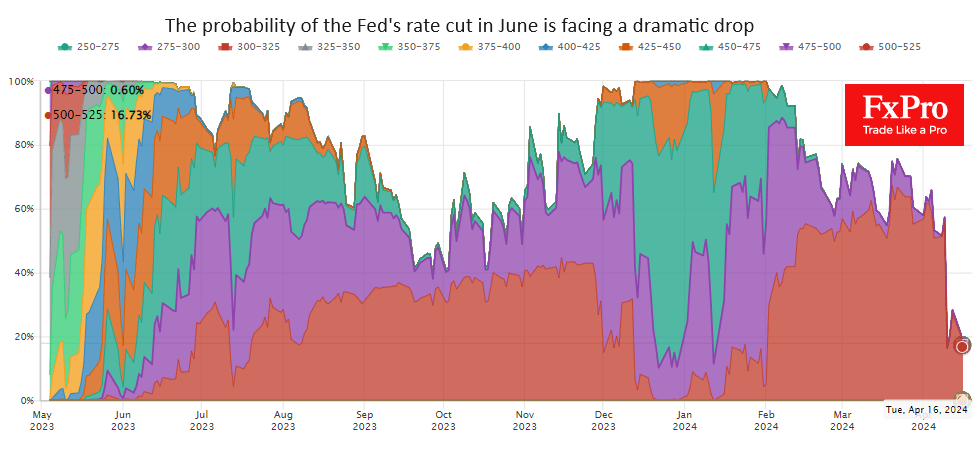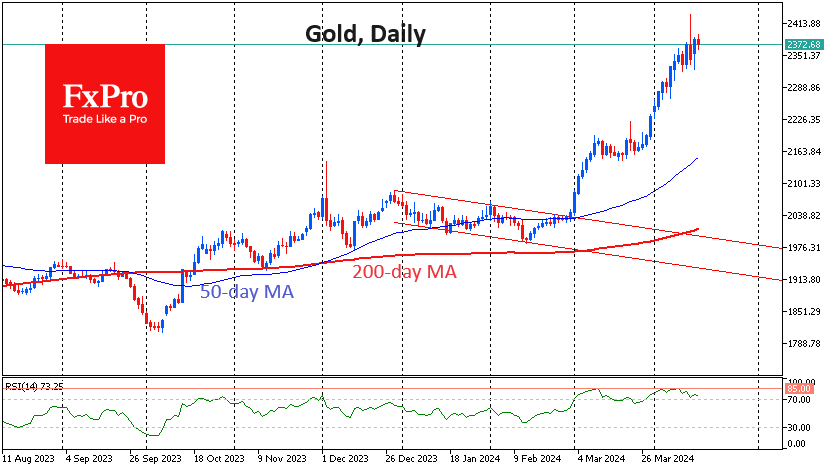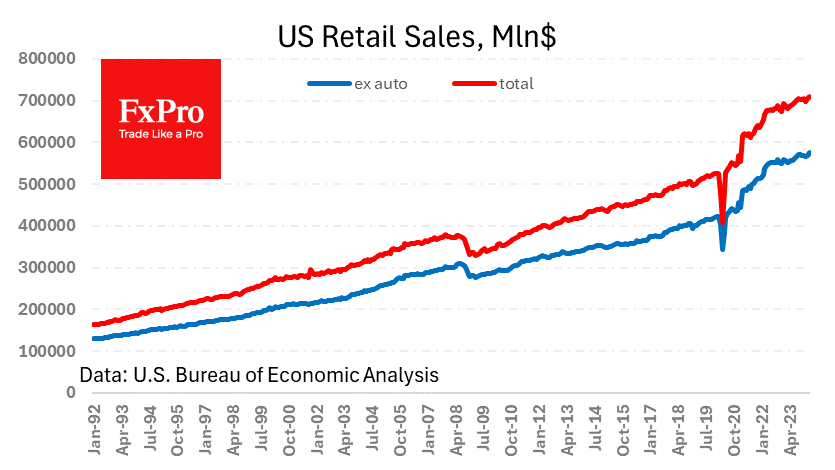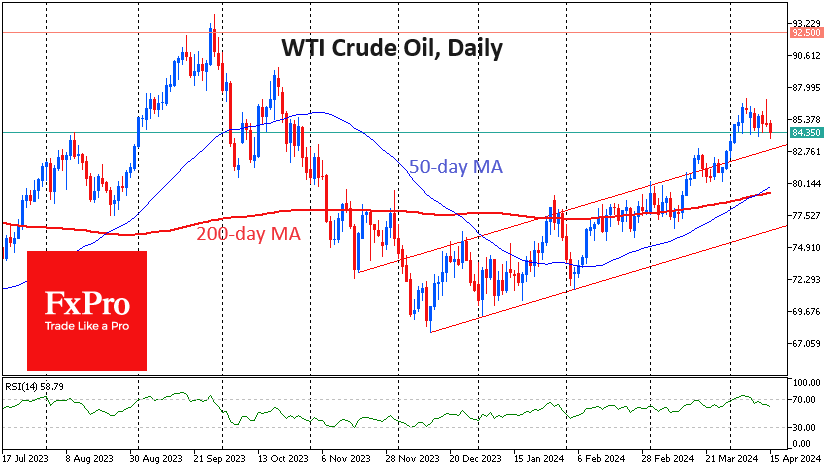‘This feels like 1999’: Global start-up funding frenzy fuels fears of a bubble
July 14, 2021 @ 08:33 +03:00

In March last year, a top venture capital firm described Covid-19 as the “black swan of 2020.” “Private financings could soften significantly, as happened in 2001 and 2009,” Sequoia Capital told portfolio company founders and CEOs in a memo reminiscent of its “R.I.P. Good Times” presentation in the 2008 crisis.
Fast forward to July 2021, and tech investors are writing bigger checks than ever. According to CB Insights, start-ups have raised $292.4 billion globally so far this year, on track to beat the $302.6 billion raised throughout 2020. The number of so-called “mega rounds” — massive, $100 million-plus venture deals — has climbed to 751 in 2021 year-to-date, already beating the 665 mega rounds that were raised last year.
“This feels a lot like 1999 to me,” Hussein Kanji, a partner at U.K. venture capital firm Hoxton Ventures, told CNBC. “You had so much supply, so much enthusiasm.” “There was an era where if you put dot-com in your name, your public market stock would go up,” he added. “There was so much enthusiasm for catching the next big thing.”
Dot-com companies were all the rage on Wall Street in the late 1990s, amid growing adoption of the internet. Speculative investing fueled a 400% climb in the Nasdaq Composite stock market index between 1995 and 2000. By October 2002, it had plunged almost 80% from its peak. In the past five years, the Nasdaq has nearly tripled, with the market values of several large-cap tech stocks, including Amazon, Google and Facebook, crossing the $1 trillion mark. Microsoft and Apple are currently worth more than $2 trillion.
Now, skyrocketing valuations of private tech firms are causing concern for some investors. U.S. payments processor Stripe was valued at a whopping $95 billion in March, illustrating the growing trend of start-ups staying private for longer. A record 249 firms achieved $1 billion “unicorn” valuations in the first half of 2021, according to CB Insights, almost double the number of unicorns produced during the course of last year.
Iana Dimitrova, CEO of U.K. fintech start-up OpenPayd, said her firm is in the process of raising money. “We have investors saying, ‘You’re asking too small a ticket, we only write $100 million-plus tickets,’” Dimitrova told CNBC. Some investors have “very limited understanding” of OpenPayd’s software, which lets other companies offer financial services, but are making offers “simply because it’s now the space to be in.” Fintech companies represented 22% of global venture funding in the second quarter, according to CB Insights.
“Investors are increasingly writing higher and higher checks,” Dimitrova continued. “Frankly, I see that as detrimental to the long-term sustainability of our industry because businesses are not focused on generating value, they’re focused on burning and deploying cash.” A low interest rate environment has led to a huge amount of “dry powder” being deployed in risky venture bets, she added.
Europe’s tech boom
There are a number of differences between today and the dot-com bubble of 1999, according to Kanji. For one, the bubble of ’99 was driven far more by “hype” than fundamentals, he said, whereas now “the markets are there and the companies are there.”
‘This feels like 1999’: Global start-up funding frenzy fuels fears of a bubble, CNBC, Jul 14







